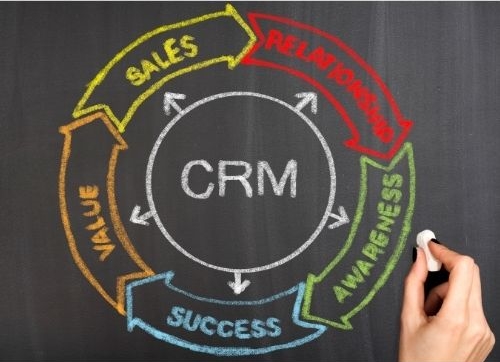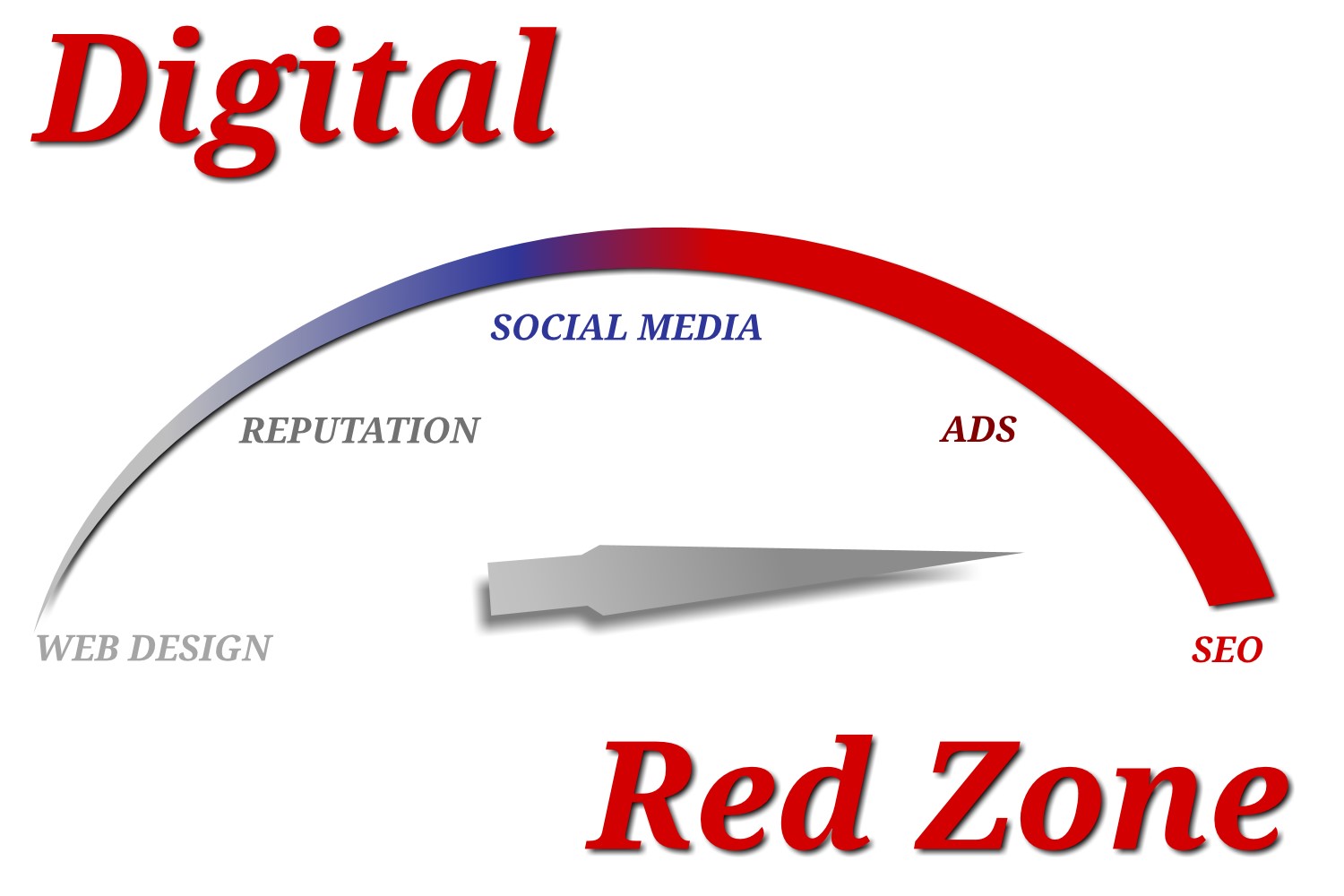How Does CRM Work?
Our new CRM app is your one-stop-shop for all of your customer relationship needs. This app will help you become more organized and efficient when conducting business. With this app you will be able to discuss anything with your client with just a few clicks. The CRM app can store all notes and contact information, hold files and documents, and set-up an event or meeting calendar. This will allow you to operate more effectively when a customer gives you a call out of the blue.

The CRM app will soon take over most small businesses because of it's amazing capabilities. Many businesses are stuck in the "old fashion" ways of doing business with massive filing cabinets and giant white boards. Times have changed and with advancements in technology we are now able to keep and secure all the data needed for your business.
Learn How A CRM Makes Life Easier For A Small Business Owner:
A CRM (Customer Relationship Management) system can significantly ease the operational and administrative burdens on a small business owner. Here's how:
- Centralized Data Management: Instead of shuffling through spreadsheets, notebooks, or disparate software, a CRM consolidates all customer data into one unified system. This centralization means faster access to client information, sales records, or interaction histories.
- Automated Tasks and Processes: Many routine tasks can be automated with a CRM. For example, follow-up emails can be scheduled automatically, reminders for client meetings can be set, and lead nurturing processes can be automated, saving the business owner valuable time.
- Improved Communication: If there are multiple team members, everyone can access the same customer data and notes, ensuring that they are on the same page. This results in consistent and effective communication both internally and with clients.
- Sales Pipeline Management: Small business owners can visually track where each potential client or lead stands in the sales process. This clarity helps prioritize efforts and can lead to improved sales conversion rates.
- Insightful Reporting: With integrated analytics and reporting, a CRM can generate performance metrics related to sales, customer interactions, campaign effectiveness, and more. These insights help business owners make data-driven decisions without sifting through raw data.
- Effective Marketing: A CRM allows for better segmentation of the customer base. This segmentation can lead to more targeted and effective marketing campaigns. Moreover, tracking campaign results becomes more straightforward, allowing for optimization.
- Customer Service Excellence: By having a record of past interactions, preferences, and feedback, business owners can anticipate customer needs, address concerns proactively, and offer tailored solutions, leading to enhanced customer satisfaction.
- Scalability: As the business grows, a CRM can adapt by adding more features or scaling to accommodate more customers. This scalability ensures that the tool remains useful and relevant without the need for frequent system changes.
- Remote Accessibility: Many CRM systems are cloud-based, allowing business owners to access data and manage their business from anywhere, anytime. This flexibility is especially handy for business owners who travel or work remotely.
- Integrations: Modern CRMs often integrate seamlessly with other tools that a business might use – from accounting software and email platforms to social media management tools. This connectivity means smoother workflow and reduced manual data entry.
- Reduced Human Error: Automated processes and centralized data reduce the chances of errors that can occur from manual data entry or oversight.
- Cost Savings: By automating tasks, enhancing sales, improving marketing efficiency, and reducing errors, a CRM can lead to tangible cost savings in the long run.
Expert Tip:
In essence, a CRM serves as the backbone of a business's operations, sales, and customer service efforts. By taking on many of the administrative and repetitive tasks and offering intelligent insights, it allows small business owners to focus on strategic growth, innovation, and delivering value to their clients.
